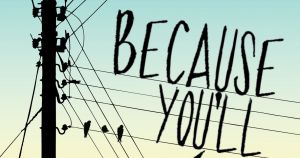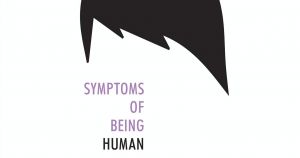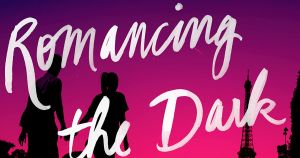
Review: The Categorical Universe of Candice Phee by Barry Jonsberg
The Categorical Universe of Candice Phee is a fun, well-written book, if an imperfect autism read.

The Categorical Universe of Candice Phee is a fun, well-written book, if an imperfect autism read.

Despite some reservations, our reviewer would recommend this contemporary novel about young Bat – and the reviewer’s ten-year-old goddaughter agrees.

It felt like the author used Moritz’s echolocation as a way of avoiding a realistic portrayal of blindness; too many tired blindness tropes popped up throughout the book for me to love and champion it the way others have.

A well-researched exploration of how mental illness can interact with queer identity, especially for those just discovering themselves during a volatile time of life and those with less well understood identities.

Although Laureth didn’t represent me as a blind person, Sedgwick didn’t feed off tropes and stereotypes; instead, he met with many young blind people and found out about their lives.
What kind of tips do our contributors have for authors seeking to respectfully write disabled characters?

In science-fiction and fantasy, you invariably run into fictional disabilities and allegories. Do these “count” as disability? What makes them work successfully in a book?

A good ending doesn’t erase the time I spent feeling isolated, excluded, and hurt because of the way Rose is treated.

Jacobus nailed the struggle with addiction, she nailed physical limitations, she nailed alcoholic and disability-related depression, she nailed the chaos of the active alcoholic, and she nailed the hopelessness and despair that can come from all of it.
If our contributors could tell an author writing a character with their disability one thing–besides “do your research”–what would it be?